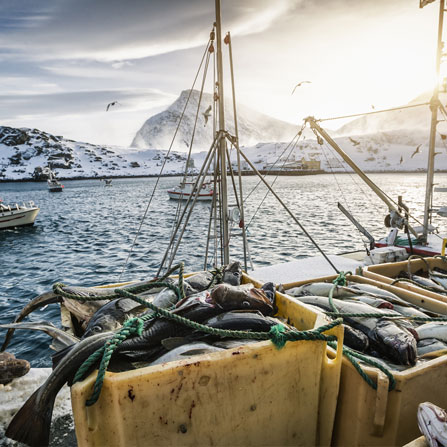
Investing in marine natural capital – building a case for resilient ocean nature-based markets
The dependency on natural resources for economic growth has exposed more than half of the world’s GDP to the risks associated with the loss and degradation of natural assets. Can we build ocean economy-based markets that consider natural assets and the services they provide? Can marine natural capital approach provide a way to address and manage urgent environmental challenges, while building long-term sustainability and resilience in the public and private sector?
Topic Leads: Sarah Taylor and Claire Evans
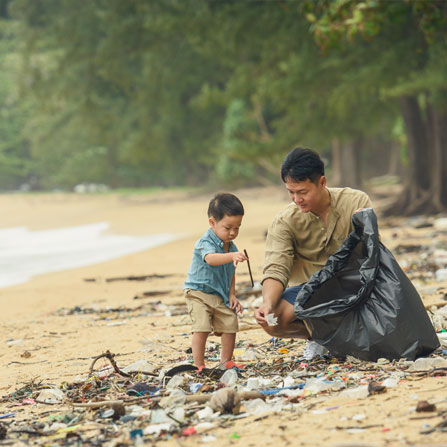
Public perception of marine plastic problem
Plastic pollution has the potential to cause significant and long-lasting damage to marine ecosystems. Public perception is that plastic pollution is already causing major ecological damage, as well as contributing to eco-anxiety, particularly in the younger generation. However, while there are well-documented local level plastic pollution impacts, there is very limited scientific evidence for widespread damage to marine ecosystem structure and function. How do we bridge the ambiguities between scientific evidence, public attitudes, industry activity, and policy development and delivery?
Topic Leads: Alice Horton and Richard Lampitt
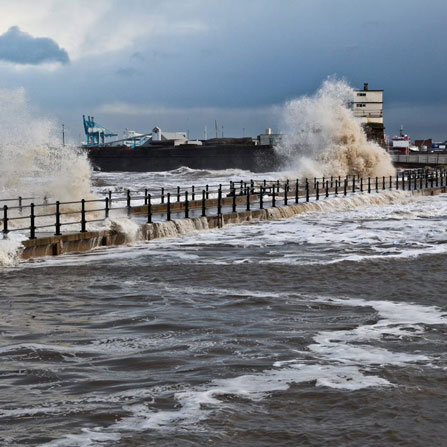
Risks and impacts of abrupt changes, tipping points and extreme events to the UK and European blue economy and ecosystem services
Abrupt changes, tipping points and extreme events in the marine system have significant impacts on the economy and society. Effects include disrupted fisheries and aquaculture, damaged coastal infrastructure and tourism, diminished ecosystem services, challenges to maritime transportation and trade, cultural heritage loss, and implications for carbon sink and climate regulation. Robust impact models using up-to-date economic and development information are needed to understand and address the consequences of abrupt changes and tipping points in the marine system on the economy and society, guiding mitigation and adaptation efforts. We work towards expanding our ocean models into the socio-economic dimensions of the marine system important for assessing the impacts on human communities. This includes data on coastal population density, economic activities such as fisheries and tourism, infrastructure, and socio-economic indicators.
Topic Leads: Zoe Jacobs and Jennifer Brown
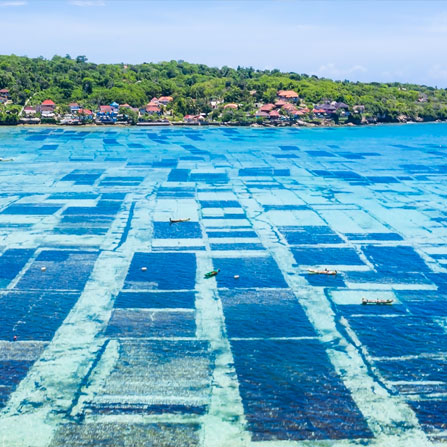
Costs, impacts, unintended consequences and social acceptability of the ocean-based large-scale carbon dioxide removal techniques
The transition towards climate neutral and climate resilient societies requires both a reduction in carbon emissions and the removal of carbon dioxide from the atmosphere. Various ocean-based carbon dioxide removal schemes are currently being explored. However, these schemes raise social concerns due to ecological impacts, including potential harm to marine ecosystems and biodiversity. Uncertainty and the need for equitable distribution of risks and benefits pose ethical and social justice challenges while economic concerns revolve around high costs, energy requirements, and limited scalability. At the same time, these schemes may divert resources from other mitigation strategies. Addressing these concerns is vital to ensure the ethical, equitable, and sustainable deployment of these technologies.
Topic Leads: Chelsey Baker and Christopher Pearce
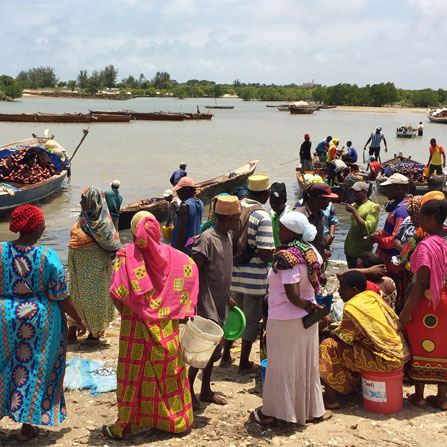
Vulnerability of the coastal communities in developing countries to climate change impacts
Integrating social and biophysical factors is a key challenge in coastal vulnerability assessment. It involves combining data and methodologies from diverse disciplines, such as climate science, social sciences, and economics. The challenge lies in effectively integrating information on exposure, sensitivity, and adaptive capacity across these different domains. Understanding the interactions between physical processes, socio-economic conditions, and community perceptions is crucial for a comprehensive assessment. Balancing the need for context-specific details with broader generalizability poses a further challenge. Overcoming this challenge requires interdisciplinary collaboration, developing transferable frameworks, and ensuring stakeholder engagement to capture the complexity of coastal vulnerability.
Topic Leads: Sarah Taylor and Zoe Jacobs
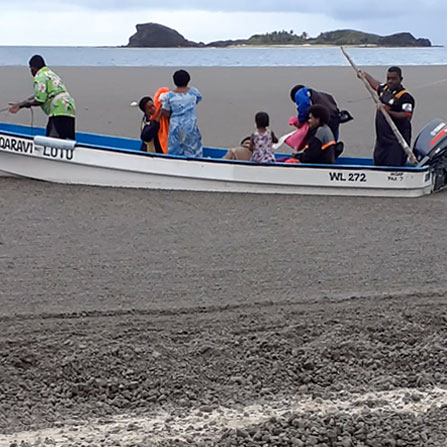
Marine Geohazards and Small Island Developing States
Small Island Developing States face unique social, economic and environmental challenges. They are often found in regions that experience high levels of geological unrest, in particular earthquakes and volcanic eruptions, and that are particularly at risk from the impacts of climate change. Their remoteness means many rely on imports and communications networks which are vulnerable to disruption and damage from natural events, and which may be more logistically challenging and costly to repair. Community data collection and integration is an essential component of research into marine geohazards in these regions in order to understand the vulnerability of communities, to tailor forecasts and warnings and to understand both short and long term impacts on people and the environment.
Topic Lead: Isobel Yeo